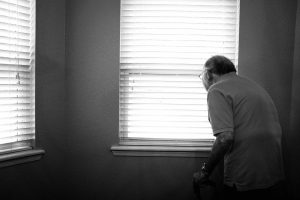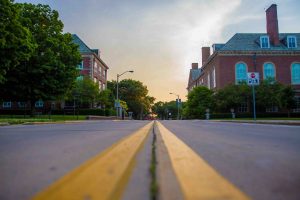 What types of safety protections are in place for patients at San Marcos nursing homes? While we recently discussed elder safety investigations in San Diego County, it turns out that facilities across the state of California are not doing enough to protect seniors against nursing home abuse in the first place. In other words, although San Diego County’s investigations may be a model for other regions of the country, the state ranks last when it comes to elder abuse protections designed to prevent abuse and neglect, according to a recent report in WalletHub.
What types of safety protections are in place for patients at San Marcos nursing homes? While we recently discussed elder safety investigations in San Diego County, it turns out that facilities across the state of California are not doing enough to protect seniors against nursing home abuse in the first place. In other words, although San Diego County’s investigations may be a model for other regions of the country, the state ranks last when it comes to elder abuse protections designed to prevent abuse and neglect, according to a recent report in WalletHub.
Need for States to Take Steps to Prevent Nursing Home Abuse and Neglect
As the report explains, “elder abuse affects as many as 5 million people per year, and 96 percent of all cases go unreported.” Given that a large portion of the population is currently age 65 or older—and that the population in that age group is expected to almost double by the year 2050—it is particularly important to think about preventive measures so that elder abuse does not occur. While enforcement methods are significant in the shorter term, the goal should be to eradicate, inasmuch as possible, the risks of abuse for seniors living in nursing homes and assisted-living facilities. The report ultimately suggests that the impetus for this needs to be on individual states.
 California Nursing Home Abuse Lawyer Blog
California Nursing Home Abuse Lawyer Blog














